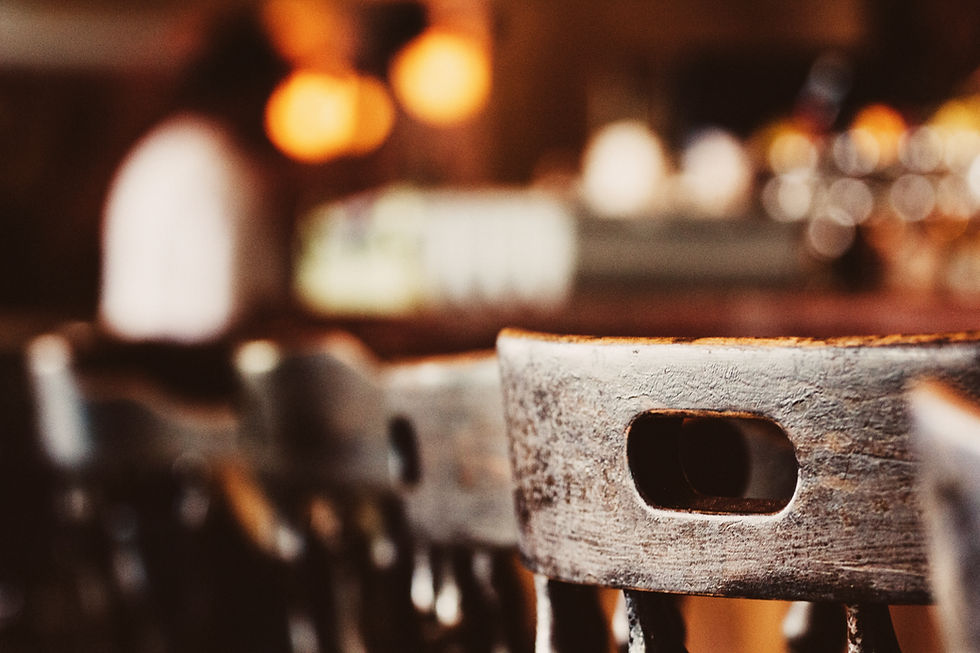Here's Why You Need to Play Those Empty Clubs

When Jimi Hendrix was released from the Army and salivating to get his foot in the music industry's door, he and a friend formed a duo that headed south to Clarksville, Tennessee with their G.I. Bills, big dreams and almost complete obscurity. Once they settled in to Clarksville, they began playing the low-paying, obscure, local circuits you could only discover in discarded newspapers or a utensil bartenders could use to wipe off the counters and tables stained with spilt alcohol. These empty tables and chairs were their only audience members.
Can you relate to this experience?
Of course you can. It's how every musician starts his or her career in the music business. Playing near-empty venues week after week naturally can become discouraging over time. Who wants to spend their hard-earned cash to get to a gig and feed themselves only to play to a room full of inanimate tables, chairs, and venue staff? "No one!" you may say. You would, largely, be correct. Perhaps there's a better way of looking at this situation. Take Hendrix for example. The icon was obsessed with guitar since the age of 15. Despite his proficiency no one was looking to sign him when he was released from the Army. No one knew who he was since there were no internet labels nor internet marketing companies to guide his social media expansion. During the 1960s and 70s, the only way you built your audience was by connecting with the right people at the right time and taking advantage of the next opportunity.
That’s exactly what Hendrix did. In 1963, he was playing for more local bands, landing more consistent gigs, and being invited to record guitar on other notable bands’ albums. Hendrix made it because he realized that it’s not where you play, but how you play while you’re playing that makes a true musician stand out among others. Hendrix logged enough experience and live practice to achieve success. It may be tempting to say “We’ve got the internet. No one needs to gig nearly as often and as voraciously now.” In a way, this statement is true. For example, look at how Shawn Mendes and James TW got discovered. It was largely through promoting themselves on social media. The point behind frequent gigging is constantly changing and evolving, giving you more reason to do it now than ever before.
Gigging on a regular basis—playing those empty, local clubs week after week—will enhance your live performance, improve nerve control, introduce you to new people, and help you overcome obstacles that may otherwise prohibit your success as an artist. This is not to say that gigging won’t build your audience and earn you some new fans; it will absolutely do that! We have evolved and, with present day technology, gigging can function more as a great way to really sharpen the performance aspect of your career while not carrying as much weight as it used to.
For example, next time you walk on stage, think about the fundamentals. Have you mastered them? Are you singing through your diaphragm? Are your hands tensing up while you play, causing you to miss notes, buzz strings, and limit soloing capacity? How’s your right-hand technique looking? Through this train of thought and self awareness, you are practicing the aspect of control in a live performance setting. Playing while you’re nervous and in the spotlight is completely different than practicing alone in your bedroom. Now is the time to start cutting that line and merging your bedroom performance skills with your live performance skills. Now, start by shifting your focus to these principles next time you play a local gig and you will be amazed with the quality of your performance, the reaction you get from your audience, and the diminishing amount of empty seats.
Luke McManus is a singer/songwriter and guitar player from Philadelphia.
http://lukemcmanusmusic.org
































